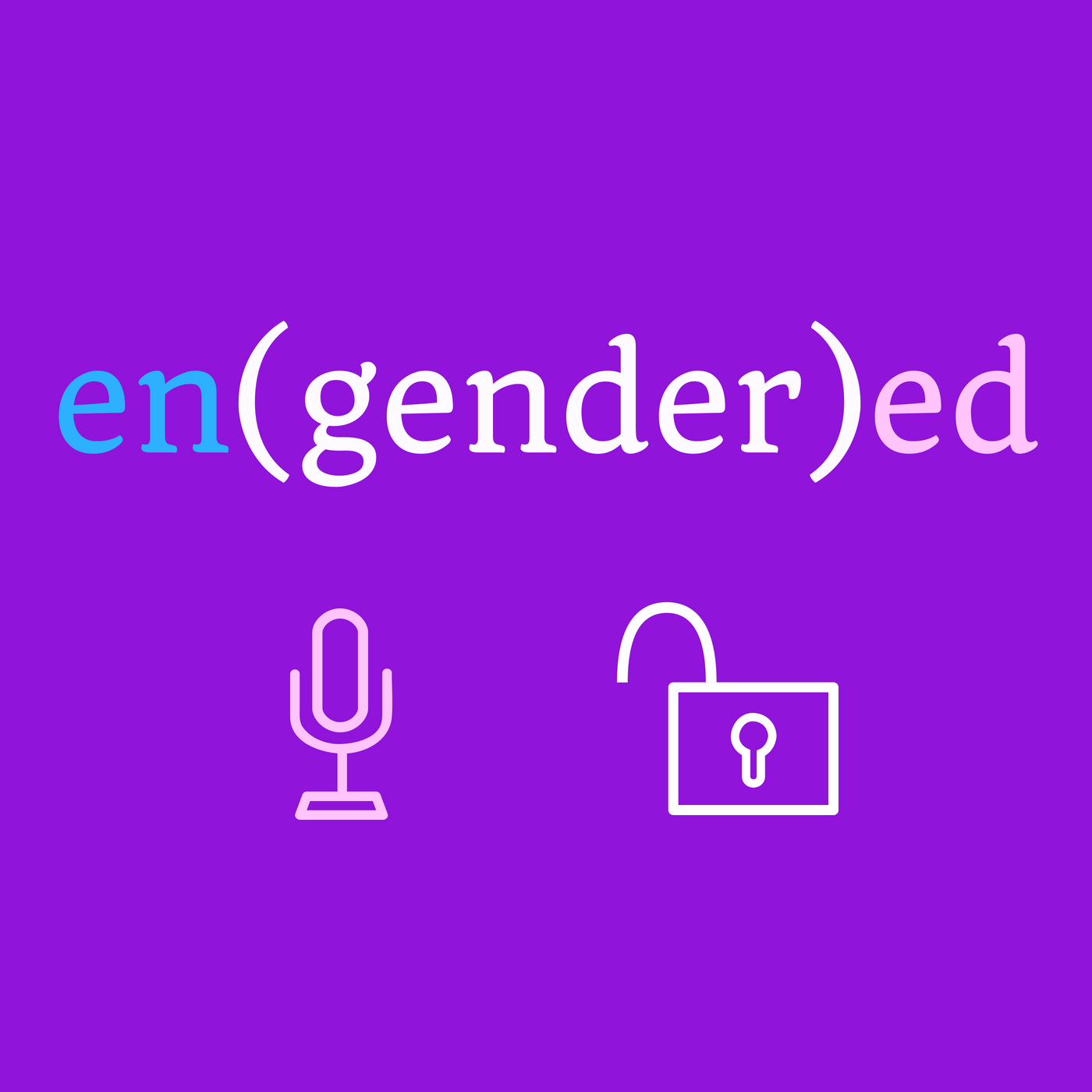
This year, in recognition of DVAM or Domestic Violence Awareness Month, the Engendered Collective hosted a series of community conversations to bring greater awareness to domestic abuse and gender-based violence. This first conversation deals with how we can create systems change and build a culture of accountability. Our guests included Elle Kamihira and Dr. Emma Katz.
Elle Kamihira is survivor, activist, and a multi-disciplinary director who has spent the last twenty years collaborating on a variety of award-winning film, museum, documentary, and theater projects. Current projects include Jennifer 42, an animated documentary that takes a close look at the role of coercive control in the true story of the murder of Jennifer Magnano, and The Most Wicked Problem, a docu-series about femicide.
Dr. Emma Katz, a researcher based in England focused on coercive control of children. Her most recent article When Coercive Control Continues to Harm Children: Post‐Separation Fathering, Stalking and Domestic Violence can be downloaded for free here . Her book Coercive Control in Children’s and Mothers’ Lives will be published by Oxford University Press in 2021. Follow Emma on Twitter at @DrEmmaKatz
During our conversation, Elle, Emma, and I touched upon the following resources:
- Lisa Fischel-Wolovick’s article, Battered Mothers and Children in the Courts: A Lawyer’s View
- The difference between primary (stopping violence before it starts), secondary (preventing violence from escalating), and tertiary (minimizing negative impact of violence and trauma) prevention of domestic abuse
- Evan Stark’s work on “coercive control“
- A discussion paper from the governement of NWS on criminalizing coercive control and Women’s Safety NSW’s Position Paper on criminalizing coercive control
- Jane Gilmore’s work on violence and the representation of women in the media
- Nazir Afzal’s work on prosecuting gender-based crimes in Britain
- Britain’ efforts to categorize sexist and misogynistic acts as hate crimes
- How Scotland’s laws on coercive control have stricter sentencing than England
- The work of the CEDAR Network addressing mother-child victims of abuse
- Perspecticide as a manifestation of coercive control
- Using the “Housing First” model to address housing insecurity for victims of abuse
Don’t forget to subscribe to our show!

